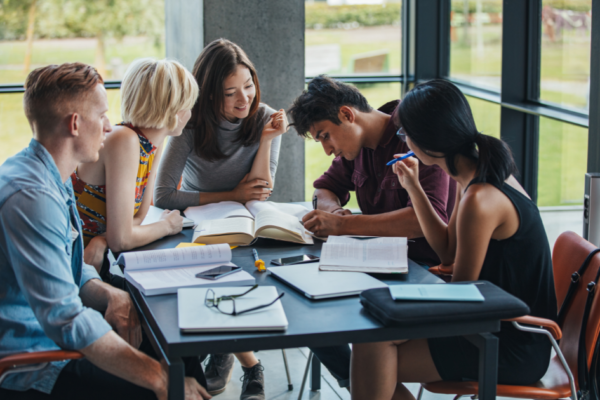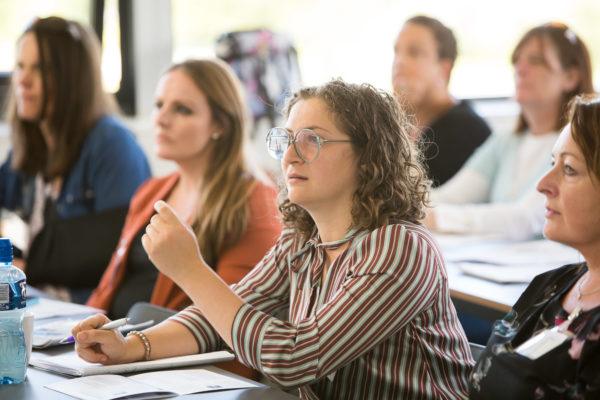The seminar was about why and specially, how we can encourage this groups participation in volunteering activities and projects. This is considered a beneficial way to feel a part of society, develop skills and even to become leaders of new projects that might be promoted by voluntary based NGOs.
The reality is that this target group doesn’t have the same access to opportunities, including volunteering opportunities as other groups. In many cases, they CANNOT volunteer, due to the legal framework. This removes the RIGHT TO VOLUNTEER, which is recognised as an individual right and an expression of human rights and freedoms that have existed in Europe for decades.

According to our experience, the positive impact of volunteering does not only apply to people who may be on the receiving end of help, care and support from volunteers and organizations, but also to the volunteers themselves.
In conclusion, the basic premise of the ‘Equal Volunteering Opportunities for All’ seminar was to help NGO leaders play a more decisive role in helping young migrants and refugees to become active volunteers and community leaders. Alongside this it was also aimed at helping us and our colleagues in the volunteering and youth sectors to understand the genuine nature of volunteering as an expression not only of citizenship, but also of freedom and human dignity.
Our conversations helped us to gain ideas and inspiration from each other concerning managing diversity, giving value to different competences and perspectives, fighting against discrimination, fear and hate speech in order to learn how to support young individuals who are suffering from uncertainty, unsafety and discrimination in many corners around Europe.

The 5 specific key competences (knowledge, skills and attitudes) we focused on were: • Volunteer management • Intercultural communication • Cultural diversity management • Conflict management • Global awareness
The participants of the seminar, learnt the basic concepts and theories of conflict management and how to identify, prevent and transform a conflict. They also learnt about global education in order to increase awareness and have a wider perspective about global issues, particularly the impact of an unbalanced north-south, political and economic relationship defined by a culture of war.
The seminar general objectives were:
• To learn how to be more inclusive to people with a diverse cultural background, both in theory and practice.
• To learn how to diversify, increase and improve the support given to young people who are migrants, refugees and part of a cultural minority to encourage them to become leaders of new projects and activities.
• To encourage a real exchange of ideas, information, tools, methodologies, practices, activities and projects regarding integration of third national countries.
• To promote cooperation and networking among youth workers (volunteer leaders, managers, mentors and supervisors) and NGOs active in the field of non-formal learning and volunteering at the European level
The seminar specific objectives were
• To learn/understand the basics of intercultural competence (including intercultural communication), and reflect on how to implement it, especially when recruiting / managing / supporting volunteers with a different cultural background, and gain new ideas and tools to identify, develop and recognize this competence.
• To share inspiring stories, practices and experiences. Successful or not, we can learn from this to empower the target group to become active volunteers, leaders and citizens.
• To collect and spread the inspiring tools, ideas, practices and experiences at the local, regional and national level, in our communities and at the European and international
